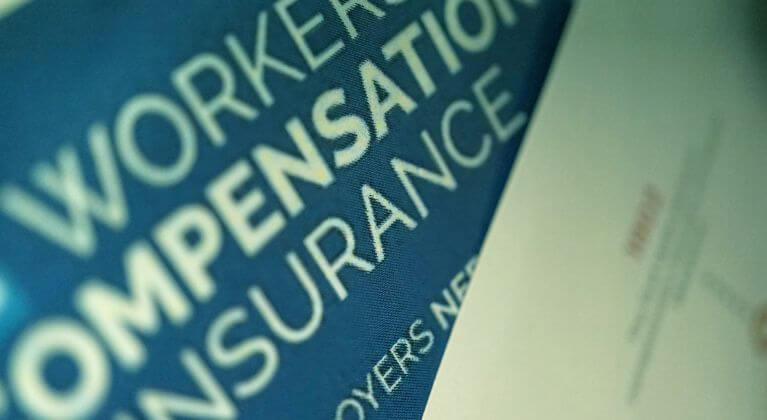
How to Reduce the Burden of Workers’ Compensation for Staffing Agencies
By: Ed Burr, Director of Client Growth and Strategy
Ed is a dedicated growth strategist with 20 years of experience in staffing and operations. He combines a passion for building client connections with a proven ability to develop impactful solutions that overcome challenges.
Workers’ compensation for staffing agencies is an absolute necessity. It protects temporary employees from on-the-job injuries or disabilities and complies with regulatory requirements.
Compliance in this area, however, comes with significant costs. In addition to penalties for failure to provide coverage, the cost of workers’ compensation can be driven up. These are the two more common reasons I come across:
- Administrative and record-keeping mistakes
- Flaws in (or the absence of) an adequate employee and claims screening process
Below, I cover the common challenges many staffing agencies experience with workers’ compensation. Then, I give you an insider’s look at how to reduce your agency’s costs in this area.

Common Challenges
I’ve advised staffing agencies across the country, and I’ve noticed that whether you’re operating locally or across multiple states, the challenges are real, and the stakes are high.
Here are the most common issues I see when it comes to workers’ compensation for staffing agencies.
Multi-State Compliance Complexities
Each state has its own workers’ compensation laws, and the variations can be overwhelming. Coverage that works in one location may not meet legal requirements in another. Staying compliant means constantly monitoring state-level updates and adjusting your policies accordingly.
Industry-Specific Risk Levels
The industries you serve directly impact your premiums. Placing temps in high-risk environments like construction or manufacturing increases your exposure and costs. Without careful planning, agencies can get priced out of certain sectors.
Rising Premiums and Claim Frequency
Even a few claims can significantly raise your insurance premiums. For some staffing agencies, workers’ compensation costs are second only to payroll. If losses aren’t managed properly, expenses can spiral out of control.
Fraudulent Claims
False or exaggerated claims are more common than many expect. They not only cost time and money, but also damage your reputation with insurers. Without a system to detect red flags, your agency could be footing the bill for avoidable payouts.
Administrative Burden and Documentation
From incident reports to return-to-work plans, workers’ compensation requires meticulous documentation. Miss a form or a deadline, and your agency could face penalties or risk being dropped by your carrier altogether.
Lack of Internal Expertise
Many staffing agencies don’t have an in-house specialist dedicated to workers’ compensation. That means responsibilities fall on HR or branch managers, who may not be equipped to handle complex claims or push back when necessary.
Reduce Workers’ Compensation Costs in 8 Smart Steps
Here are eight proven strategies recommended by Rebecca Shafer, attorney and risk consultant, of ReduceYourWorkersComp.com. These recommendations help minimize risk and manage workers’ compensation for staffing agencies more effectively:
- Screen candidates thoroughly. Drug testing, background checks, and prior injury histories can reduce your exposure to risky hires.
- Avoid high-risk placements. Don’t assign workers to unsafe or unregulated work environments. No client relationship is worth it.
- Verify skills up front. Ensure candidates are properly trained and capable of performing the job before they’re placed.
- Provide (or confirm) safety gear. Make sure employees have the personal protective equipment they need, whether from your agency or the client.
- Train internal staff on claims procedures. Every branch should know how to report incidents promptly and accurately.
- Appoint a claims coordinator. This person should follow up regularly with any injured employees to ensure appropriate care and compliance.
- Offer a return-to-work program. Find ways to reintegrate injured workers through modified duties, either at your agency or with another client.
- Work with an experienced insurance broker. Partner with someone who understands the staffing industry and can give you options—not just one-size-fits-all policies.
Keeping Workers’ Compensation Costs Under Control
At the end of the day, workers’ compensation for staffing agencies doesn’t have to be a drain on your business. With the right tools, strategies, and partners in place, you can manage this critical area with confidence. It’s about being proactive, not reactive, and creating systems that protect your people while supporting your agency’s long-term growth.
If you’d like to talk about how your agency is managing workers’ comp—or need help developing a plan—the Encore Funding team is here to help. Start the conversation here.
 info@encore-funding.com
info@encore-funding.com 216-998-9900
216-998-9900







